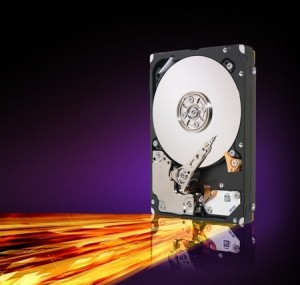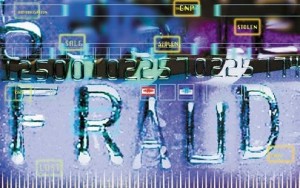The Hard Disk Drive (HDD) is the main storage device for your PC; it is the mechanism that writes and reads data on the hard disk. The HDD components consist of one or more drive platters sealed within a casing. These drives connect to the motherboard of the computer through the use of internal data transfer and power cables.
The components within the drive include:
- Head Actuator: controls the actuator arm.
- Read/Write Actuator Arm: is similar to the arm of a record player; as the platter is spinning the arm locates and accesses the data needed so it can be read, written (edited), and deleted.
- Read/Write Head: this is the device at the end of the actuator arm and is used to write or read the data on the platter.

 Hard Disk Drive (HDD) performance is measured in the following manners:
Hard Disk Drive (HDD) performance is measured in the following manners:

